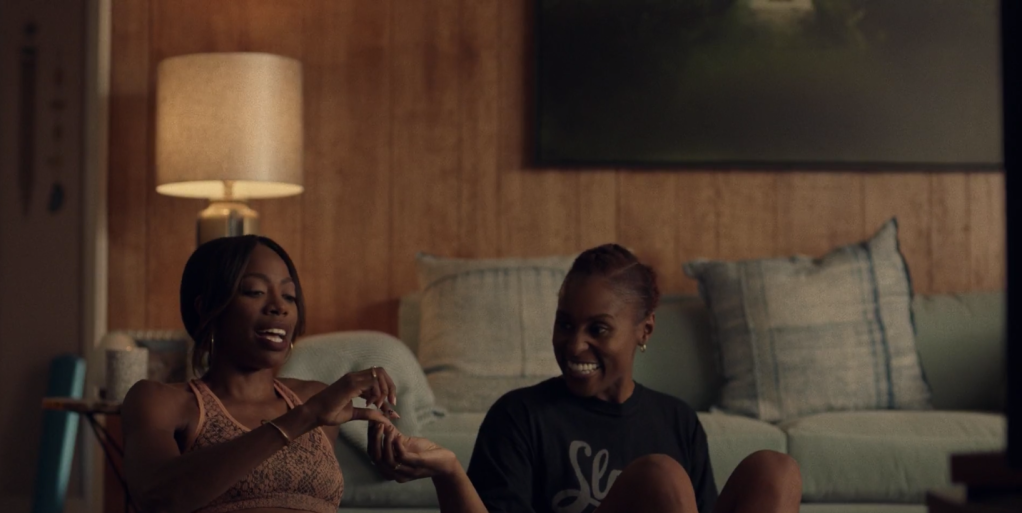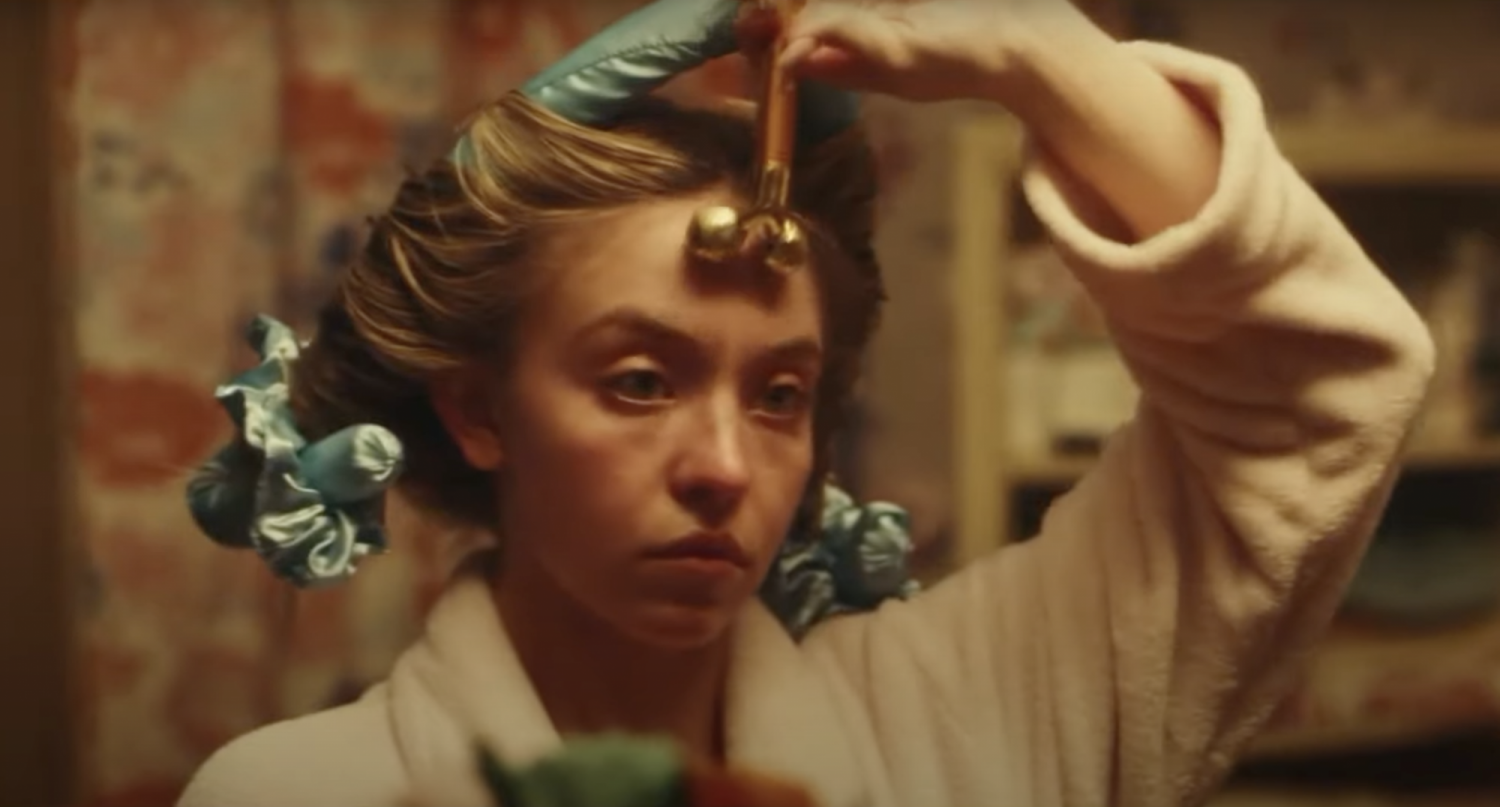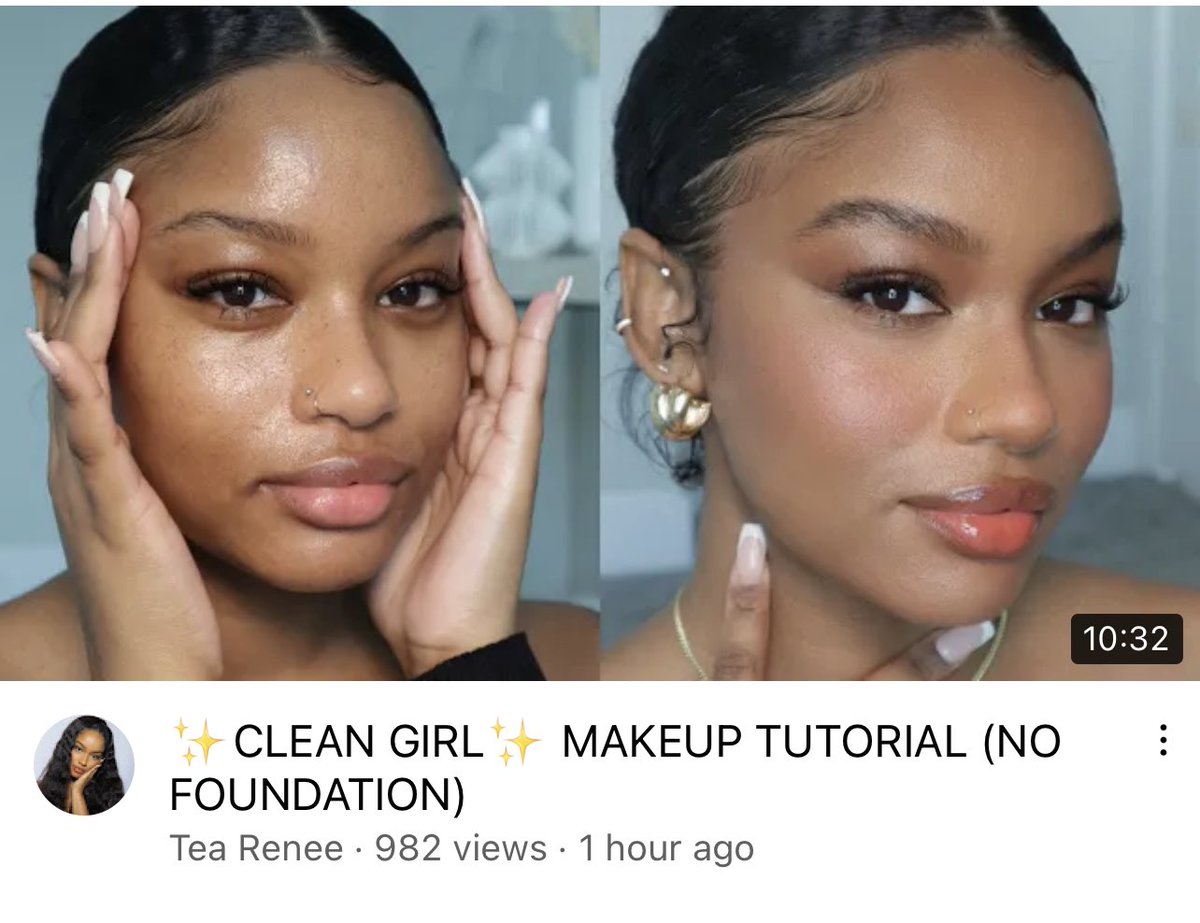Self care or decorating your cage?

Over the last few years, the concept of self care has taken over. ‘Self care Sundays’, a specific day in the week which many mark out on their calendars to attend to their physical and emotional needs – with many using this day to pamper themselves and recover from the wear and tear of the week.
One TikTok creator by the name of Kiera Breaugh made a response to another creator who lightheartedly described herself as “his first Botox shorty” – celebrating the fact that she was a man’s first partner who had got body modifications like Botox and surgery.
Kiera described this as women simply “decorating their cage” or finding ways to beautify or romanticise a dire situation where women are victim to unrealistic beauty standards and stereotypes. The cage being a metaphor for society and its standards, the birds being women and the decorations being the procedures, and products used to mask these oppressive forces.

“The way that women glamourise their own oppression under beauty standards”. Beauty politics as a whole has always been one which divided women advocating for gender equality. There is a debate over whether makeup is used to appeal to men and the patriarchy – whether women feel pressured into wearing makeup because of how it makes them more desirable within society.
The original creator references Cassie from Euphoria, who shared her 20+ step beauty regime, which began in the early hours of the morning before going to school, in a bid to win back the attention of her ex-partner Nate. Kiera points to how Cassie engaged in all of these beautifying processes and techniques solely for the male gaze, whilst neglecting her own internal and mental needs. Here, the original creator suggests that Cassie is bound and caged by the expectations of the men around her, that she has internalised, but rather than addressing these issues, she chooses to put on a brave, and polished, face.

The patriarchy, gendered oppression, beauty standards, colourism, fatphobia, texturism, featurism, all serve as a way of caging in women. Forcing them to adhere to unrealistic ideals of what they should look like, and how they should perform in society. But nothing happens when we attack other women for performing within these institutions for their own survival.
Women are hyper aware of the ways that they are perceived by society, and are often left with no choice but to adhere to this – otherwise they risk being outcasted, and ignored. Is it all that bad for a woman to uphold an extensive beauty routine out of the desire for possible partners to find her desirable? It is a human trait to want to be accepted and desired in society. Attacking these women attacks the wrong elements all together.
Following this conversation about “Decorating your cage”, there is subsequent discourse about how Black women engage in the beauty industry, and whether this can appeal to anti-Black beauty standards. Black women’s complex relationship to their natural hair, and the culture of covering up hyperpigmentation all fall into the metaphor of “decorating your cage”, but how far can we go in critiquing this without addressing the generations of unlearning which it will take?

In reality, it is the beauty editors, brands, advertising companies who are setting these constantly shifting beauty standards – not people who are made to adhere to these for their physical and social safety. Looking feminine, being desired, appealing to beauty standards are often necessary methods of survival.
If the conversations about makeup and self care are about which makes for a better “feminist”, then the answer is none. Feminism is about control, so superficial things like who wears makeup should not dictate who is more committed to women’s liberation. In this case, women can conclude that they have little to no control over the beauty standards that they are subject to, and simply choose to perform.
There are rewards for women that appeal to femininity and rejection for women who don’t follow this standard. But this is not always the motivation behind women engaging in these self care practices. Be mad at the cage makers, not the birds.
Check out the GUAP Arts & Culture section, to discover new art, film, and creative individuals.




![ZINO VINCI’S ‘FILTHY & DISGUSTING’EP BRINGS YOU TO THE CORE OF THE ARTIST [@ZinoVinci]](https://guap.co/wp-content/uploads/2023/10/Zino-4.jpg)





![Remel London’s [@Remel_London] “Mainstream” is a must attend for upcoming presenters!](https://guap.co/wp-content/uploads/2017/02/REMEL-LONDON-FLYER-FINAL-YELLOW-COMPLETE-1.png)
1 Comment
[…] is the sticking point where discussions about feminism in beauty always get tripped up. Who am I to denounce other womens’ defense mechanisms from patriarchy and white supremacy? […]
Comments are closed.